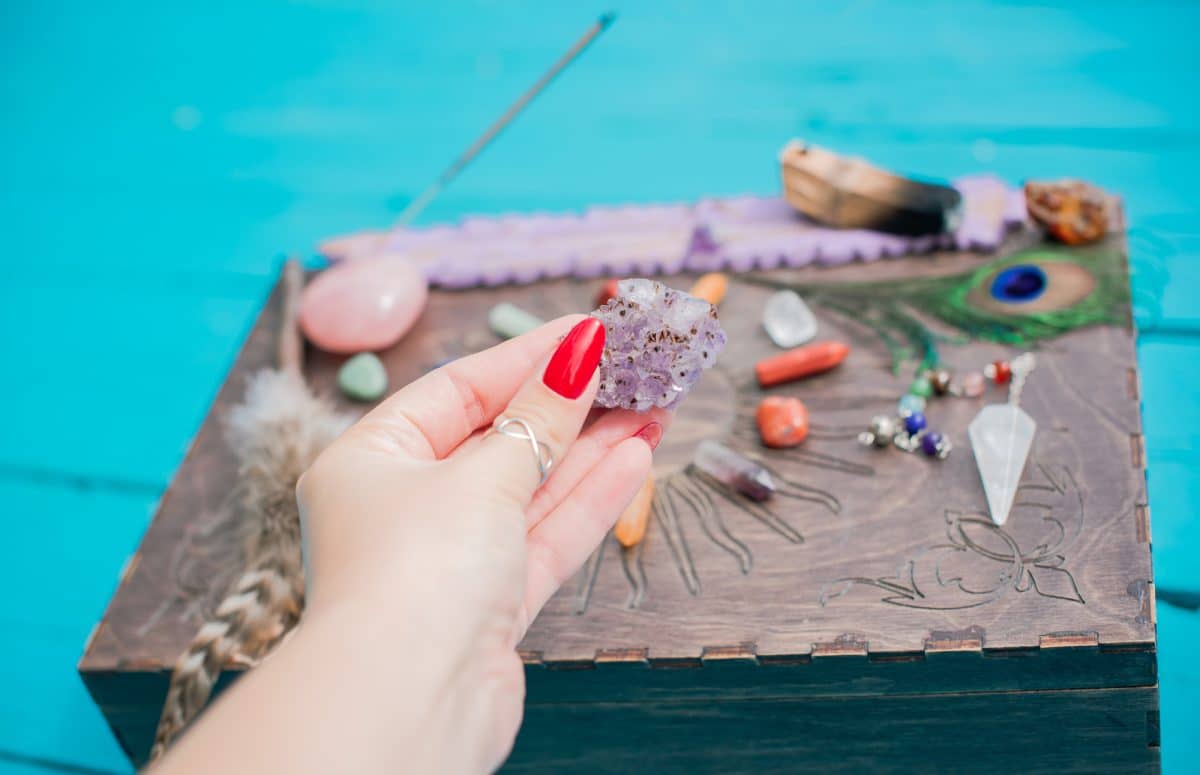The Magick of Salt: How Common Table Salt Holds Powerful Superstitions
In the realm of superstitions and folklore, even the most ordinary things can hold extraordinary significance. One such seemingly mundane item is salt. A common household essential, table salt has been an essential part of various magical beliefs and practices for centuries.

Table of Contents
A Pinch of History: Salt’s Role Through the Ages
Salt’s Economic and Cultural Impact
Before we dive into the magical aspects of salt, it’s important to understand its historical significance. Salt has been a valuable resource for millennia. It was used as a form of currency, as a method of food preservation, and even as a symbol of loyalty and friendship. Throughout history, salt’s importance in trade and commerce has influenced the development of cities, economies, and even entire empires.
Salt in Rituals and Ceremonies
Salt’s cultural significance is apparent in many religious and ceremonial practices. In ancient Egypt, salt was used in the mummification process, while in Greece, it was an essential part of rituals and offerings to the gods. Similarly, salt has been used in Christian, Jewish, and Islamic rituals as a symbol of purity and spiritual cleansing.
The Protective Powers of Salt
Warding Off Evil Spirits
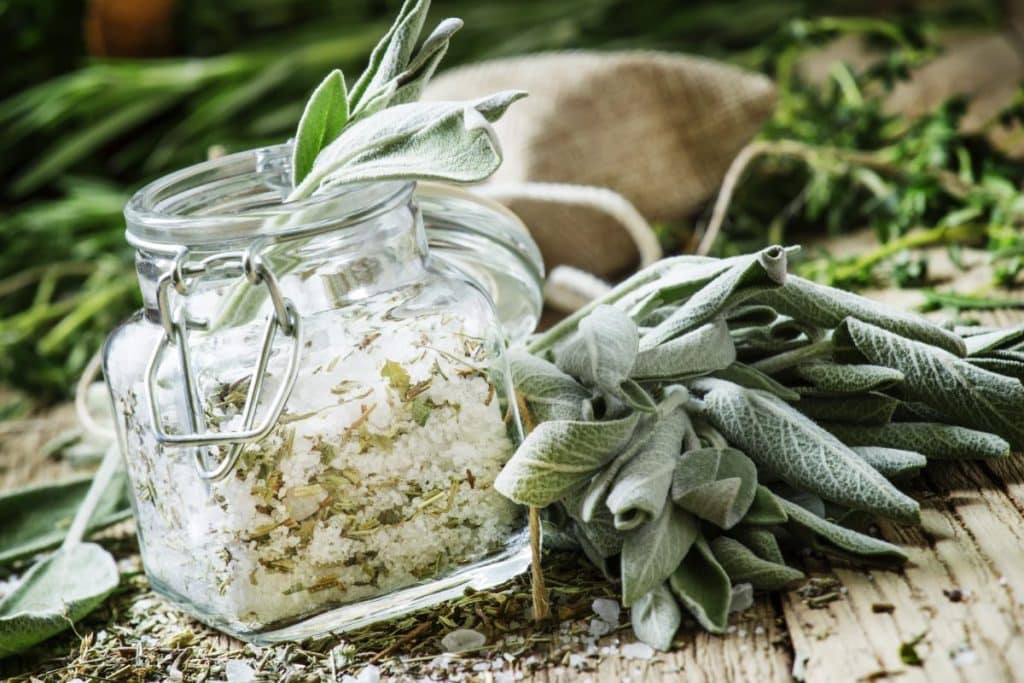
One of the most enduring superstitions around salt is its power to ward off evil spirits and negative energies. This belief can be traced back to various ancient cultures, including the Romans and the Chinese. Sprinkling salt around your home, particularly at the entrance, is believed to prevent evil spirits from entering. Some people even carry a small bag of salt in their pocket as a protective charm.
Breaking Curses and Hexes
Salt is also known to break curses and hexes. In folk magic practices, salt is often used to neutralize the harmful effects of a spell or malicious intention. A common method is to create a protective circle using salt, providing a barrier against negative energies.
Salt in Divination and Spirit Communication
The Art of Salting the Future
Salt has long been used as a tool for divination, a practice called “halomancy” or “alphitomancy.” By casting salt onto a surface and interpreting the patterns formed, it’s believed one can gain insight into the future or uncover hidden knowledge. Some practitioners even use salt as a medium for scrying, gazing into a dish filled with salt to receive visions or messages from the spirit world.
Connecting with the Other Side
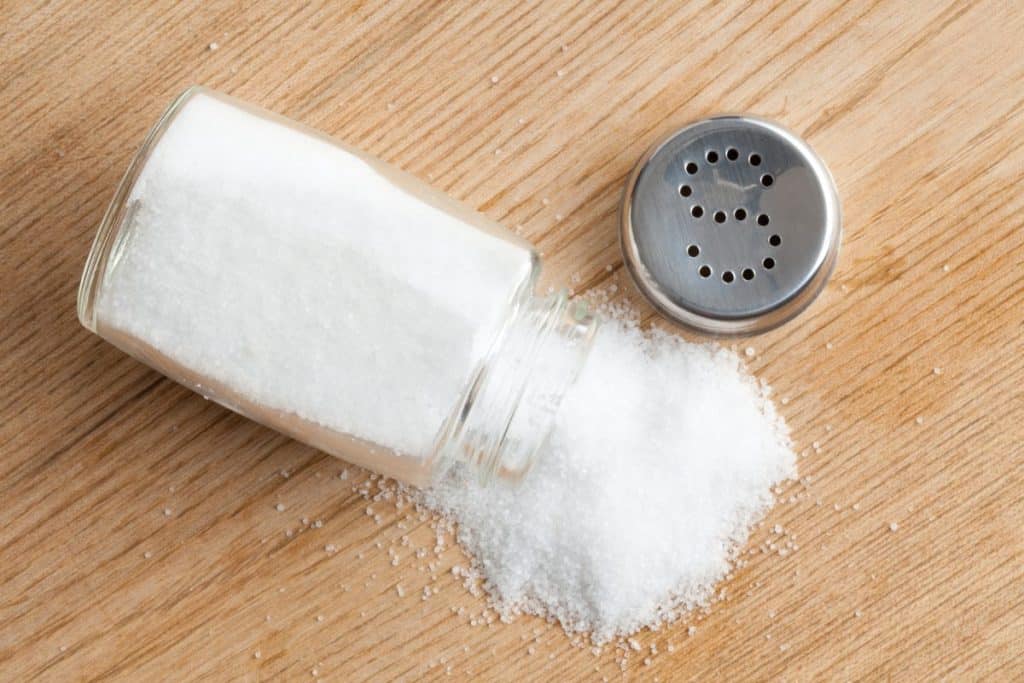
In some cultures, salt is believed to help facilitate communication with spirits and ancestors. Salt is often placed on altars or used in rituals to create a connection between the physical and spiritual realms. It’s thought that the salt serves as a conduit for spiritual energy, allowing messages to pass between the worlds.
Harnessing the Healing Properties of Salt
Purification and Cleansing
In many spiritual traditions, salt is seen as a powerful cleansing agent. It can be used to purify spaces, objects, and even one’s own energy. A common practice is to mix salt with water and use it to cleanse your home, creating a fresh and energetically balanced environment.
Salt baths are another popular method of spiritual cleansing, believed to wash away negative energies and promote overall well-being.
Balancing the Body’s Energies
Salt has been used throughout history to promote healing and balance the body’s energies. In some alternative medicine practices, salt is thought to help balance the body’s electromagnetic field, improving physical and emotional health.

Various forms of salt therapy, such as salt lamps or salt caves, have gained popularity in recent years for their purported health benefits.
A Grain of Truth: Dispelling Salt Superstitions
While the mystical powers of salt have captured the human imagination for centuries, it’s essential to approach these beliefs with a critical and open mind.
The cultural and historical significance of salt is undeniable, but attributing supernatural abilities to a common household item may not hold up under scientific scrutiny.
That being said, exploring the folklore and superstitions surrounding salt can offer fascinating insights into human history, belief systems, and the enduring power of storytelling.
A Sprinkle of Magic: Incorporating Salt into Your Life
If you’re captivated by the enchanting world of salt and its rich history, you might consider incorporating some of these practices into your own life. Whether you choose to use salt for protection, divination, or spiritual cleansing, it’s essential to approach these practices with respect and an open mind.
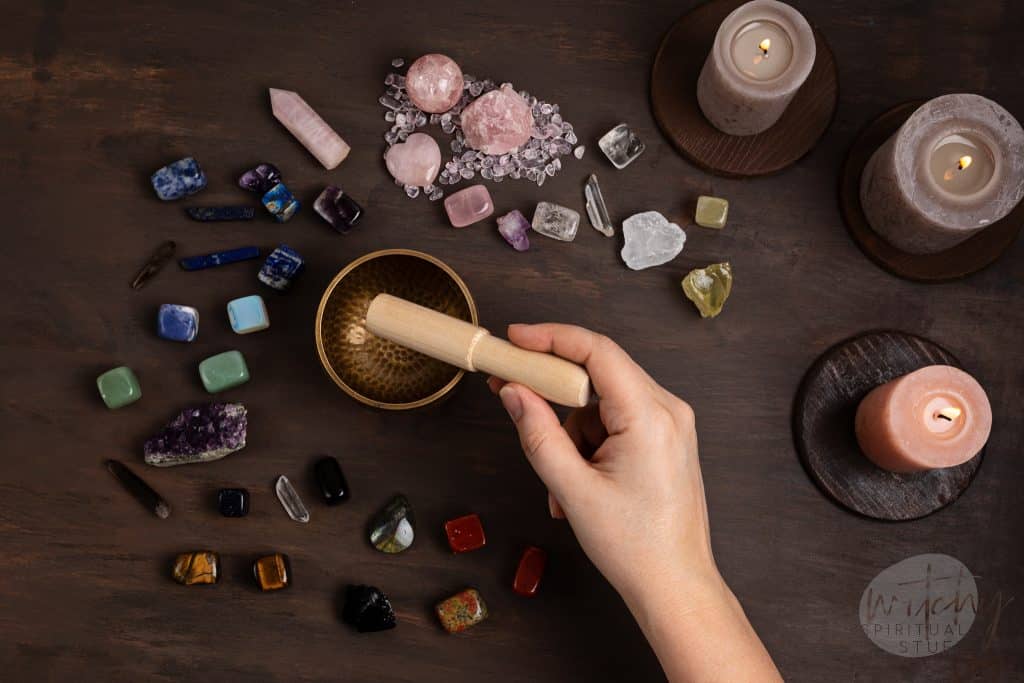
Creating a Salt Ritual
Developing your own salt ritual can be a simple yet powerful way to connect with the mystical side of salt. You might sprinkle salt around your home as a protective measure or create a salt circle for meditation and reflection. Whatever your chosen practice, make sure it resonates with your personal beliefs and intentions.
Embracing the Symbolism of Salt
Even if you don’t fully subscribe to the magical powers of salt, you can still appreciate its rich symbolism and cultural significance. Incorporating salt into your daily life as a reminder of its historical importance or as a symbol of purity and protection can be a meaningful and enriching practice.
Unearthing the Magick of Salt
From ancient rituals to modern-day superstitions, the humble granules of table salt have been woven into the fabric of human history and culture. Exploring the magick of salt invites us on a fascinating journey through time, uncovering the captivating beliefs and practices that have endured for centuries.
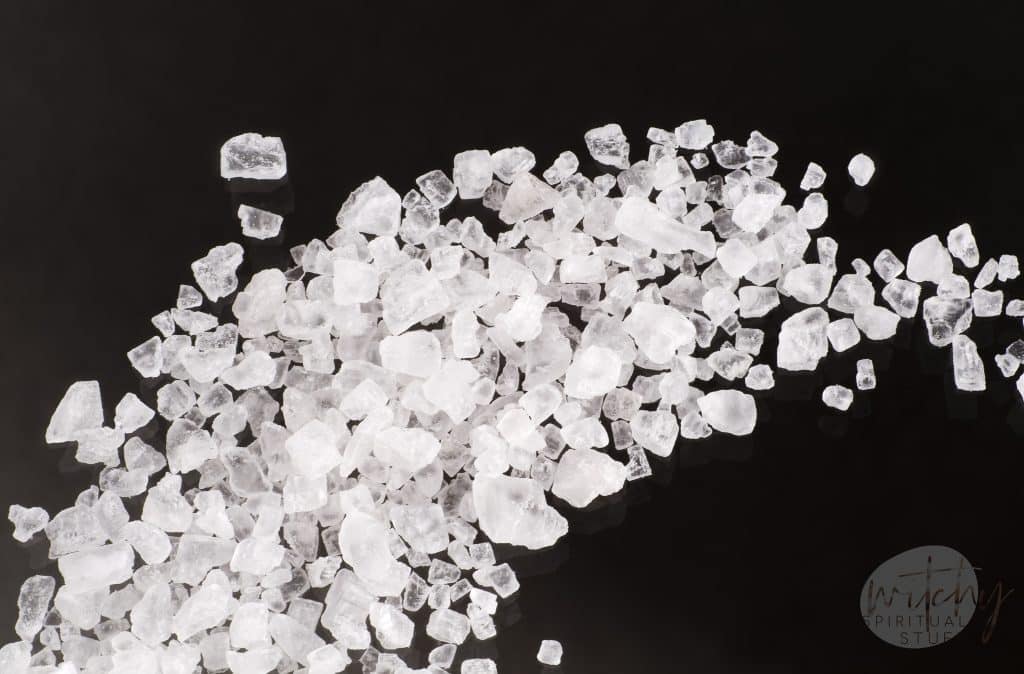
As you delve into the world of salt and its enigmatic powers, remember that the true magick lies not just in the substance itself but in the stories and traditions that have captured our imagination for generations.
Embrace the wonder and mystery of salt, and discover the extraordinary potential hidden within the ordinary.



